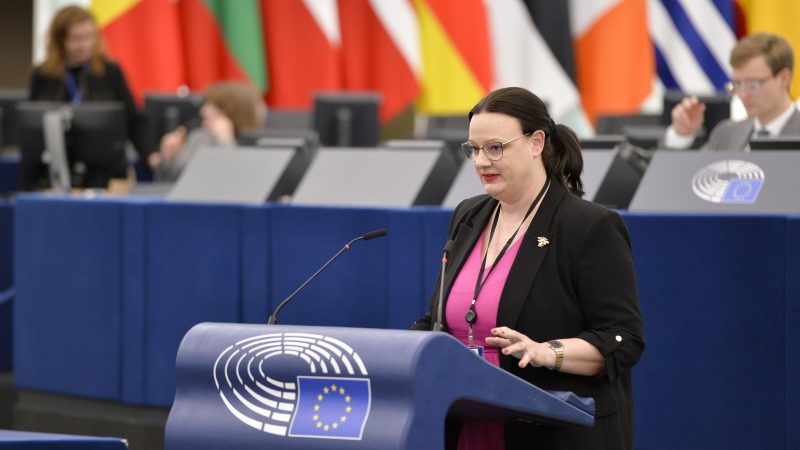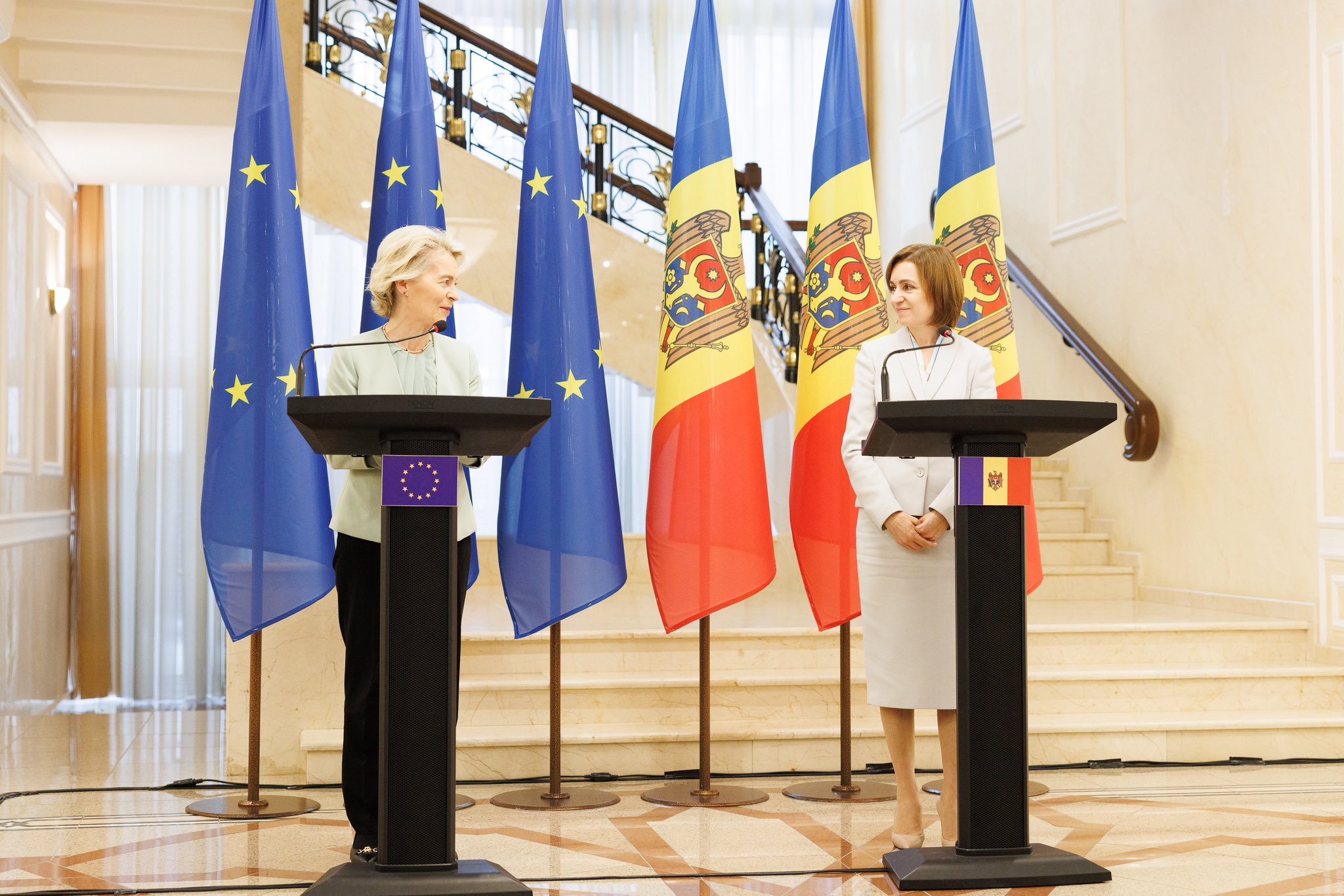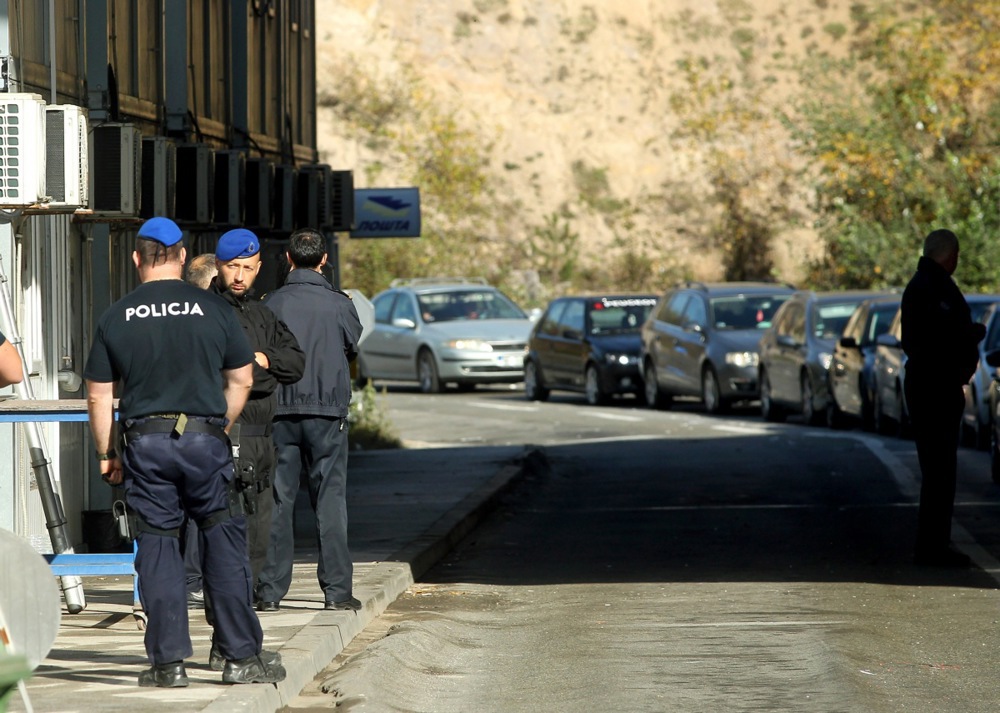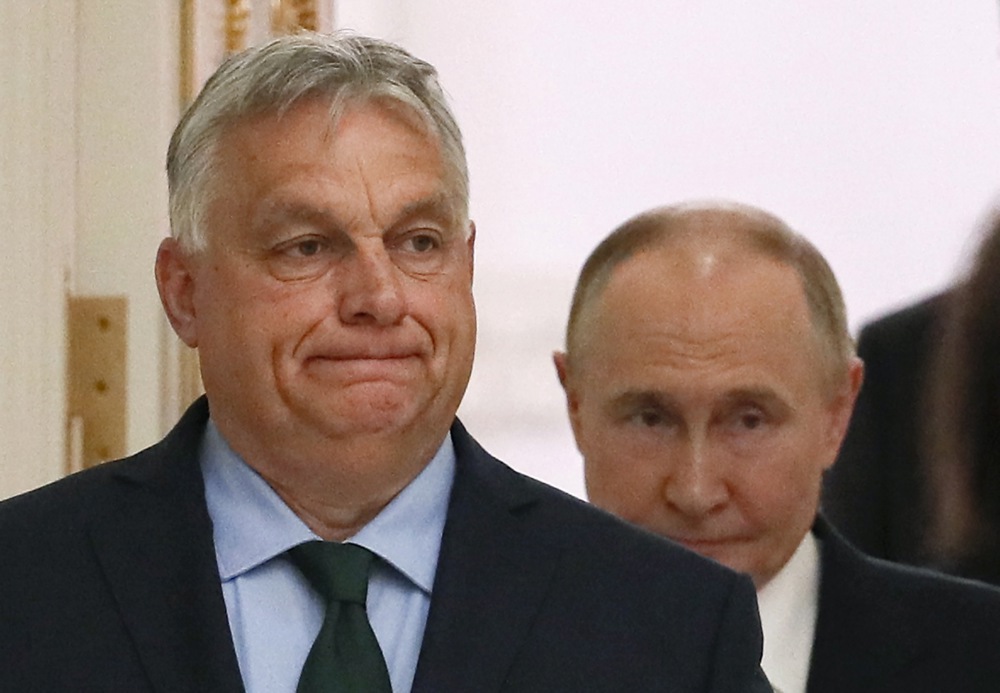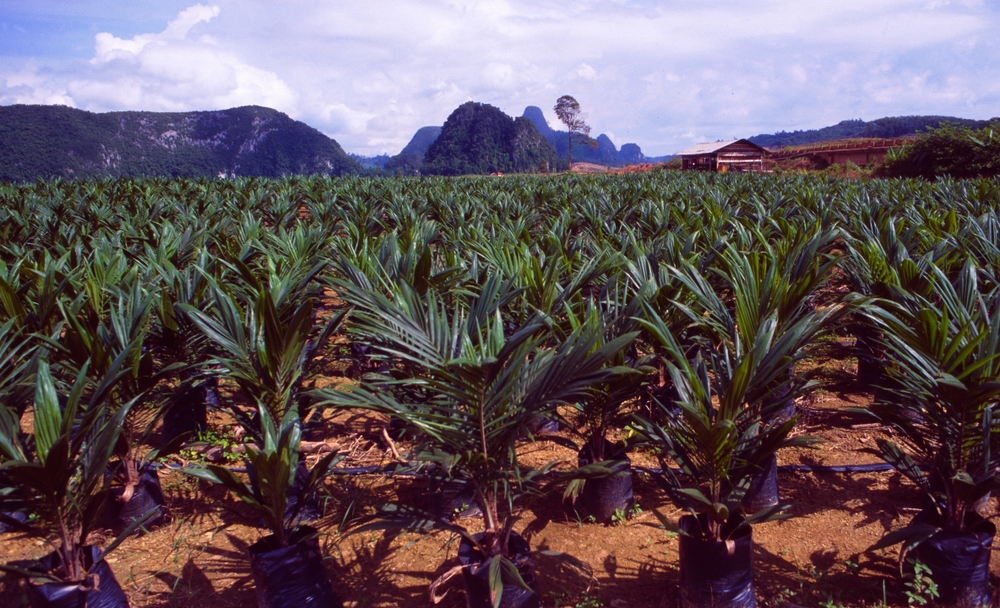 Euractiv is part of the Trust Project
Euractiv is part of the Trust Project
European investment into Kazakhstan surged by 23 percent in 2023, totaling $12.5 billion, underscoring the deepening economic ties between the two regions. Recent discussions in the European Parliament highlighted the breadth of this strategic partnership.
Reflecting on a 30-year diplomatic journey, Bolat Akchulakov, Advisor to the President of Kazakhstan, emphasised the significance of this EU-Kazakstan milestone. “Recently, we celebrated the 30th anniversary of the establishment of diplomatic relations between Kazakhstan and the European Union and good mutual interest in cooperation on a wide range of bilateral and multilateral agenda items,” he said.
The economic relationship between Kazakhstan and the European Union has been a cornerstone of their partnership. Akchulakov highlighted the substantial European investments in Kazakhstan, stating, “As of the end of 2023, the inflow of European investment into Kazakhstan increased by 23 percent, totalling $12.5 billion. Of the $350 billion in foreign direct investment attached to Kazakhstan during its 30 years of independence, nearly half originates from European sources.”
Jerzy Olędzki, a Member of the Foundation Council of the Michal Boym Institute for Asian and Global Studies, and an expert for Central Asia, provided further insights into the economic cooperation, noting, “In 2023, the turnover was 4.2% higher than in 2022 and reached $36 billion. In turn, the value of investments from the European Union increased by 21% in 2022 compared to 2021, reaching a level of over $11 billion.”
He also discussed the diversification of investments, highlighting sectors such as IT, transport services, freight, mechanical, food, and pharmaceutical industries. “Currently, such sectors are gaining importance. For example, since 2022, the European Union export of complex and technologically advanced products has increased significantly,” Olędzki added.
Energy cooperation
Energy cooperation remains a pivotal aspect of the EU-Kazakhstan partnership.
Akchulakov emphasised the strategic importance of the oil and gas sector, remarking, “Today, 80 percent of Kazakhstan’s oil exports go to Europe and are made through the Caspian Pipeline Consortium. We express gratitude to the European Union for its support and note that it is of paramount importance to maintain the off-sanction status of the consortium, which corresponds to the economic interests of both Kazakhstan and the European Union.”
He further explained the role of the Caspian Pipeline Consortium in ensuring stable energy supplies, stating, “In the common interest, we are counting on further support from the European Union to ensure long-term and stable supplies through this strategically important pipeline.”
People-to-people exchange and cultural ties
Katarína Neveďalová, MEP and a proactive member of the Delegation for Central Asia (DECAS), shifted the focus to the human aspect of the partnership. She remarked, “Since I visited the region 15 years ago for the first time, I still believe that this region is a region to watch for all the world, not only for us as Europeans, but also for everybody who is understanding how the world is evolving.”
Neveďalová praised Kazakhstan’s educational initiatives, saying, “I very much like the project which the Kazakh government had years ago, which was to study at the foreign universities and come back to work for the country. This is a very important topic which we are also trying to support here in the European Union via our programmes like Erasmus.”
Neveďalová emphasised the region’s young population and multilingualism, stating, “The region and Kazakhstan itself has a very young population, which is a very huge value for Kazakhstan and for all the people in the region. We have to understand also that for all of us Europeans, and for many of us, the people in Kazakhstan are also naturally bilingual or even more multilingual.”
Transport and logistics
The transport and logistics sector is a critical area of cooperation. Olędzki noted, “Kazakhstan’s investments in the development of transport and logistics have exceeded EUR 31 billion over the past 15 years.” The EU is keen to strengthen Kazakhstan's role in the new transport system, as evidenced by its invitation to the European Union Global Gateway Project.
Environmental and climate cooperation
Environmental and climate cooperation have also become key areas of focus. Akchulakov highlighted Kazakhstan’s commitment to multilateral cooperation in accordance with the United Nations Charter, remarking, “Our state is committed to multilateral cooperation in accordance with the United Nations Charter and its principles, actively participating in the promotion of international security and stability.”
He also mentioned Kazakhstan’s accession to the Global Commitment on Methane, which confirms the country’s commitment to global carbon development and offers significant opportunities for green investment.
Olędzki agreed, noting the increasing importance of critical raw materials, environmental protection, and climate change mitigation. “These areas have now become a priority for both the European Union countries and Kazakhstan in the light of the increasing negative effects of climate change felt in both Europe and Central Asia,” he said.
Luc Delvigne, EEAS Deputy Managing Director, added, “The collaboration between Kazakhstan and the European Union is a testament to what can be achieved when mutual interests and shared values align. This partnership not only strengthens our economic ties but also fosters a deeper understanding and cooperation on global challenges.”
[Edited By Brian Maguire | Euractiv's Advocacy Lab ]

 euractiv.de
euractiv.de
 euractiv.fr
euractiv.fr
 euractiv.es
euractiv.es
 euractiv.it
euractiv.it
 euractiv.pl
euractiv.pl
 euractiv.bg
euractiv.bg
 euractiv.cz
euractiv.cz
 euractiv.gr
euractiv.gr
 euractiv.ro
euractiv.ro
 euractiv.sk
euractiv.sk
